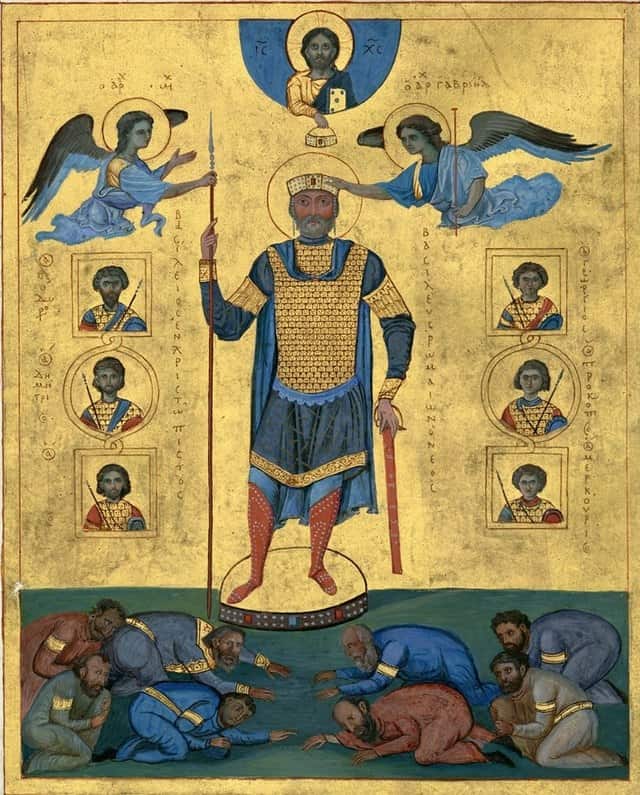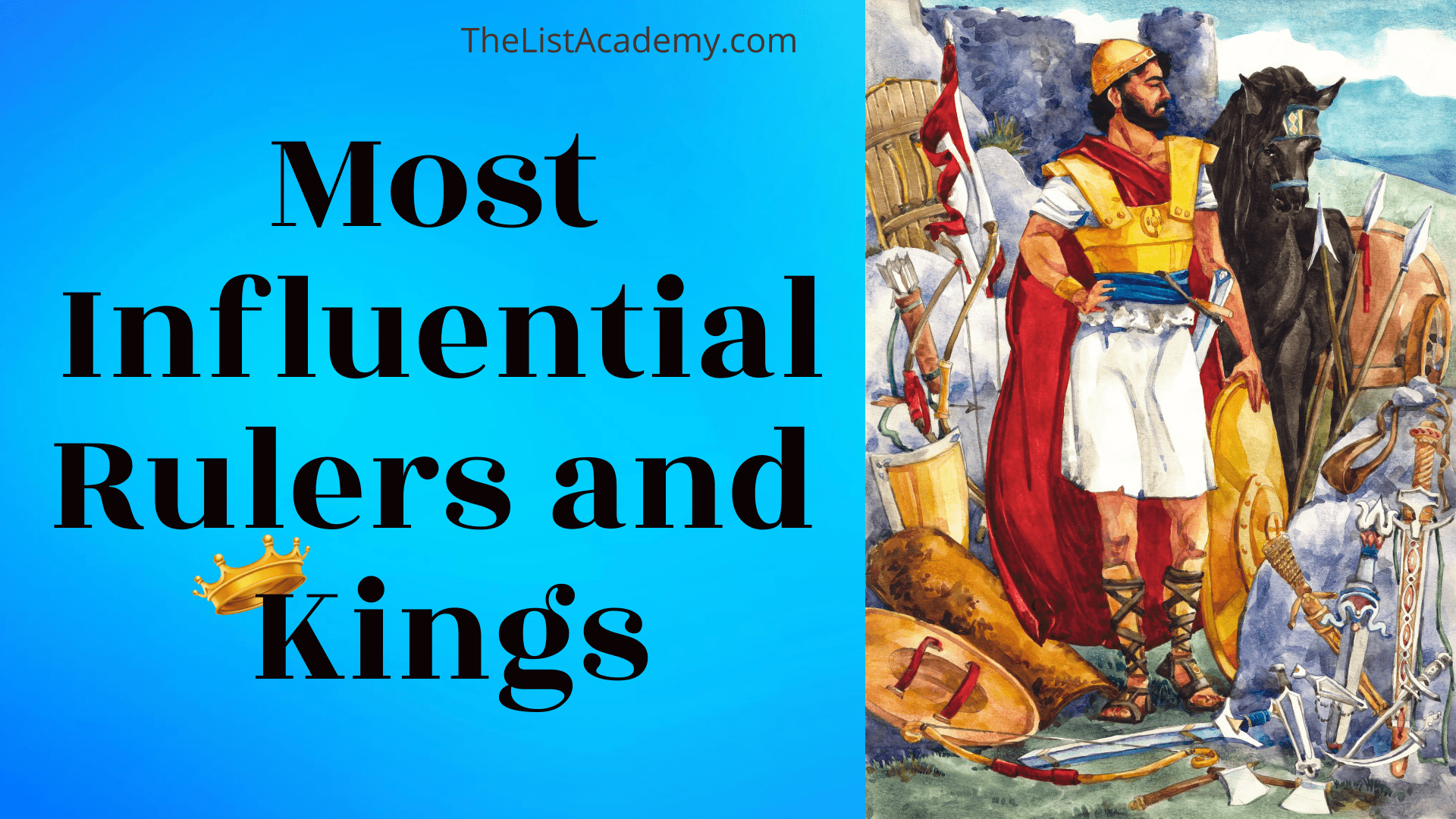
Basil II
Basil II Porphyrogenitus (Greek: Βασίλειος Πορφυρογέννητος, romanized: Basileios Porphyrogennētos; c. 958 – 15 December 1025), nicknamed the Bulgar Slayer (Greek: ὁ Βουλγαροκτόνος, romanized: ho Boulgaroktonos), was the senior Byzantine Emperor for almost 50 years (10 January 976 – 15 December 1025), having been a junior colleague to other emperors since 960. He and his brother Constantine were named as co-rulers before their father Romanos II died in 963. The throne went to two generals, Nikephoros Phokas (r. 963–969) then John Tzimiskes (r. 969–976), before Basil became senior emperor. His influential great-uncle Basil Lekapenos was the de facto ruler of the Byzantine Empire until 985. Basil II then held power for forty years.
The early years of Basil’s reign were dominated by civil wars against two powerful generals from the Anatolian aristocracy; first Bardas Skleros and later Bardas Phokas, which ended shortly after Phokas’s death and Skleros’s submission in 989. Basil then oversaw the stabilization and expansion of the eastern frontier of the Byzantine Empire and the complete subjugation of the First Bulgarian Empire, its foremost European foe, after a prolonged struggle. Although the Byzantine Empire had made a truce with the Fatimid Caliphate in 987–988, Basil led a campaign against the Caliphate that ended with another truce in 1000. He also conducted a campaign against the Khazar Khaganate that gained the Byzantine Empire part of Crimea and a series of successful campaigns against the Kingdom of Georgia.
Despite near-constant warfare, Basil distinguished himself as an administrator, reducing the power of the great land-owning families who dominated the Empire’s administration and military, filling its treasury, and leaving it with its greatest expanse in four centuries. Although his successors were largely incapable rulers, the Empire flourished for decades after Basil’s death. One of the most important decisions taken during his reign was to offer the hand of his sister Anna Porphyrogenita to Vladimir I of Kiev in exchange for military support, thus forming the Byzantine military unit known as the Varangian Guard. The marriage of Anna and Vladimir led to the Christianization of the Kievan Rus’ and the incorporation of later successor states of Kievan Rus’ within the Byzantine cultural and religious tradition. Basil is seen as a Greek national hero but is a despised figure among Bulgarians.

